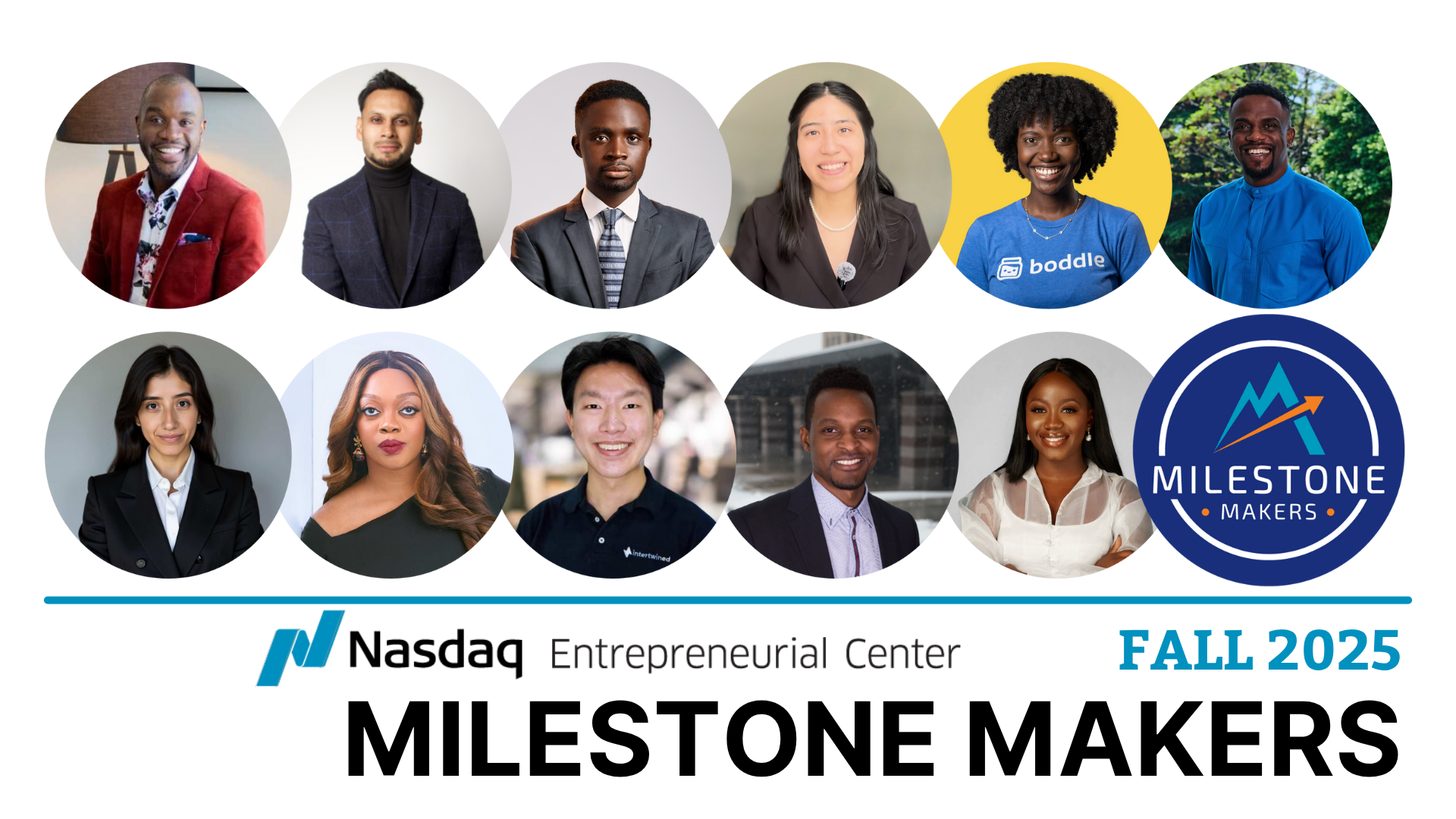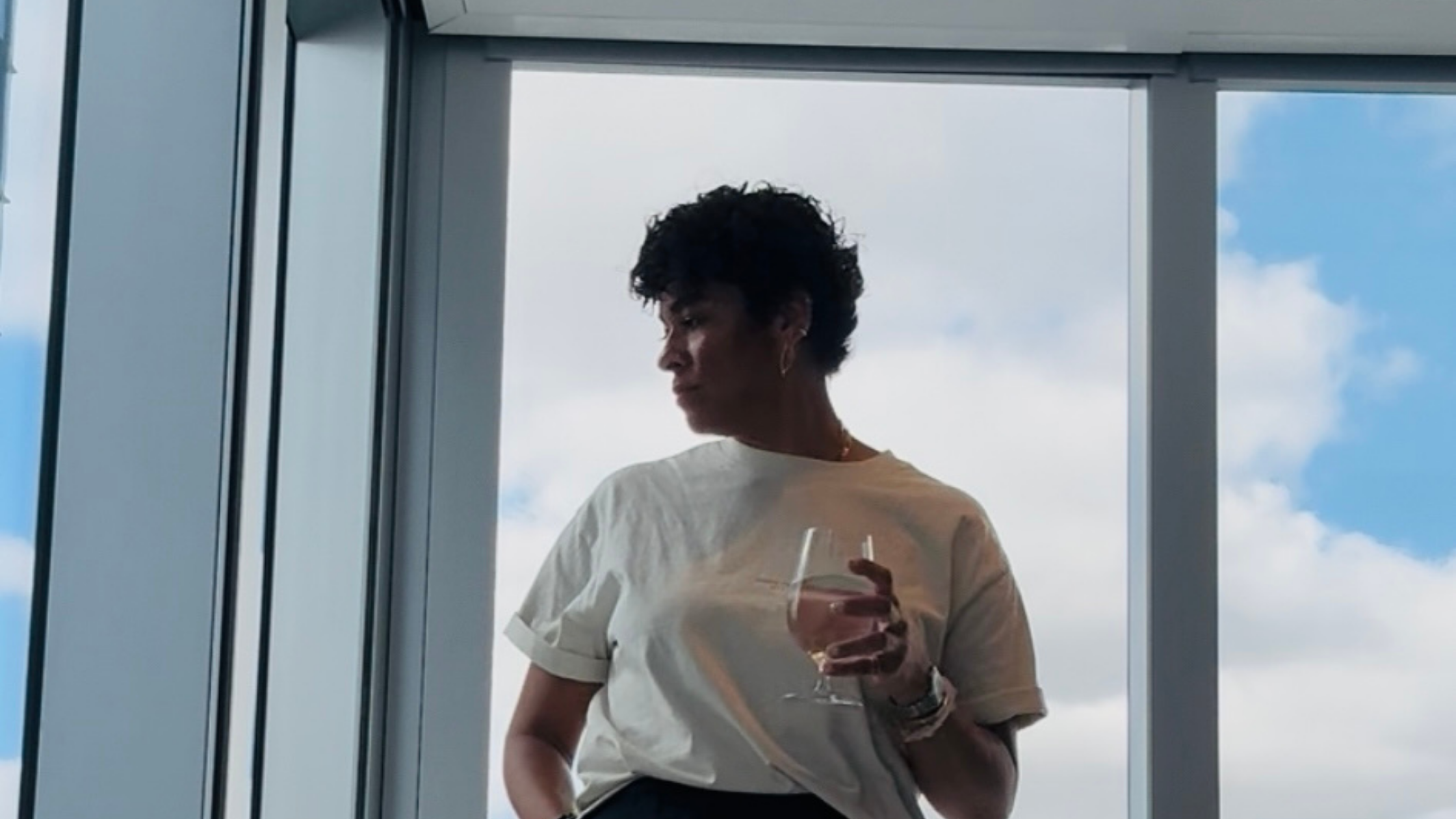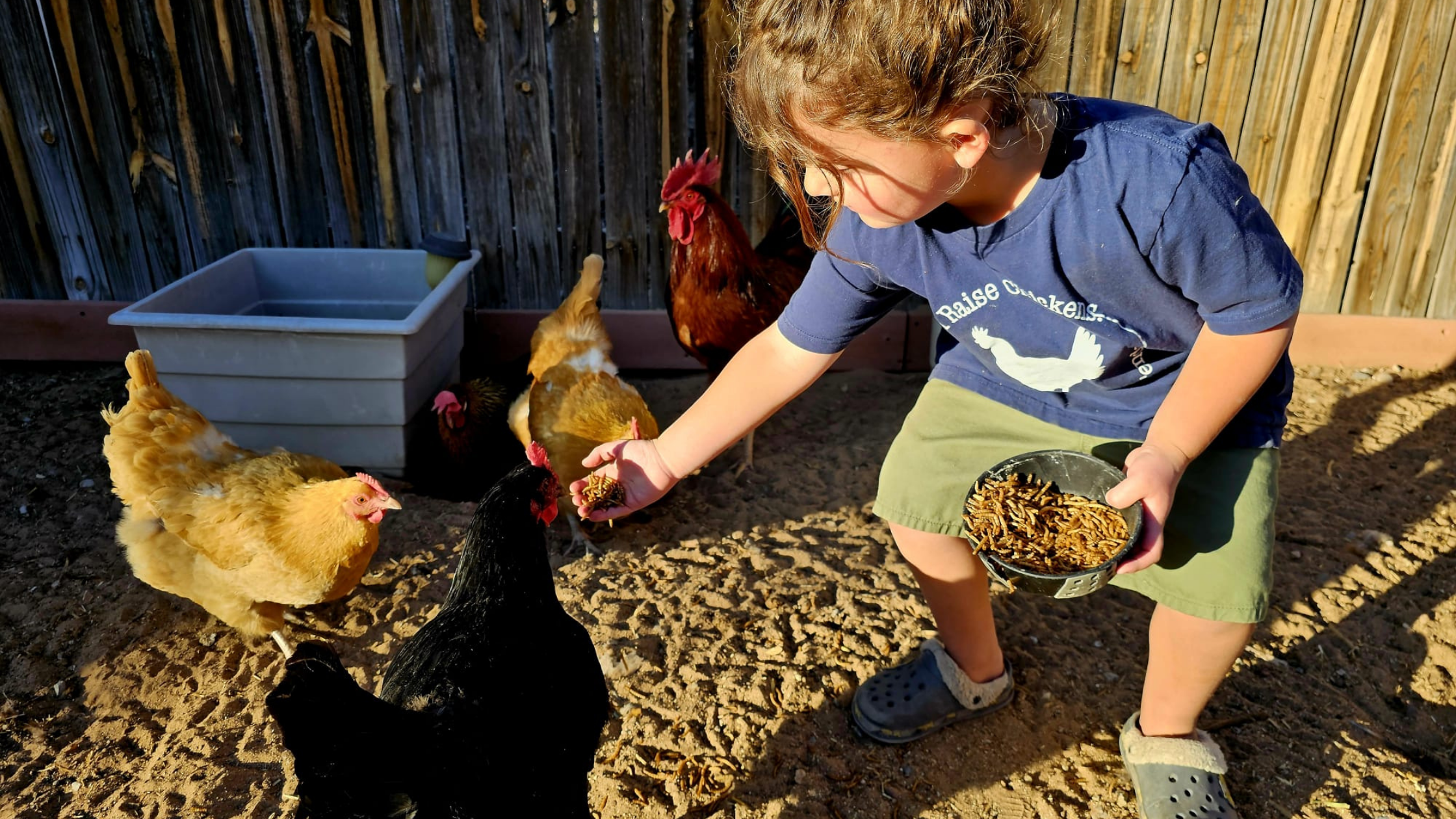BY KENDALL COUGHLIN AND KELLI FRANK
Brooke Glassman helped develop Soterra, a reliable and versatile device that helps people access emergency help when threatened or at risk. Soterra, a student-led group at Lehigh University developed the first prototype — a small remote which allows women to connect with emergency services at the push of a button, with or without internet. Its compact size and discreet nature mean it can be kept on a person at all times. Glassman, the Hardware Team Lead, is a senior studying Mechanical Engineering with Business and Aerospace minors. She took the time to speak with the Nasdaq Entrepreneurial Center to provide insights on the journey of the company.
Tell us, what does “entrepreneurship” mean to you?
BG: I think it means taking a risk and creating something that makes a difference. It’s definitely something outside of your comfort zone, I didn’t come into college thinking I was going to be an entrepreneur – but I think entrepreneurship is really taking an opportunity and running with it and seeing where it goes regardless of the consequences or the outcome or success.
So how did the company come to be?
BG: Our story starts with the Women’s Safety XPrize Competition. It puts on events to encourage innovation, accelerate technology. They are a non-profit so they offer a monetary award for the team that wins. It’s an international global competition anyone can enter. Our design came from the parameters XPrize set. A competition to create a device that theoretically a woman anywhere in the world can contact emergency services at the push of a button and had to be under $40 to be manufactured. We reached out to see who would be interested in getting involved and we got a group of really dedicated people and took it from there.
What’s the biggest experience or lesson gained on your journey so far?
BG: You can do it even if it doesn’t seem like you can. It’s been an unbelievable experience and I credit a lot of that to the people on the team. A lot of our motivation comes from the fact this is actually a project that has a big impact and is something meaningful. I think that motivated so many of us to know that this wasn’t a research project you were doing because you had to.
How is your company changing the landscape?
BG: Even just within the competition, we were the only fully undergraduate team that made semis so there were 21 teams that made semi-finals and five teams that made finals – we were the only fully undergraduate team which separated a lot of us. We are just a team of students who are passionate about our product and that set us apart. In the marketplace and competition we are doing a dynamic mesh network which means each device relays a signal from one to the other until it reaches a static node where it communicates with our server – that makes it so you can be in the middle of nowhere and if there is a Soterra device within range it will continue passing on a signal until you can get help.
What do you wish you knew when you started? Is there anything you would do differently?
BG: I wish we started a little bit earlier. It was a year-long project that we started in April before the April we traveled to India where we came up with the idea of what the Soterra device would be and actually making a prototype all within a year. We were working with a shorter time period but I don’t know if there is anything I would have changed as corny as that sounds. I’ve been exposed to so much.
What advice/credo do you live by as you grow the company?
BG: The people that we’ve had, the people that started this, we’re really doing it because we believe in our product, and we believe that it can actually be something that can actually make a difference and that can actually make a difference in the world. The passion is what drives us. I think that’s really what’s consistent. We really care about this project.
What’s it like to work alone or with your partners? What advice do you have for fellow entrepreneurs about building and leading teams?
BG: I think I’ve learned a lot about leadership. The team is fantastic. As an entrepreneur, you come up with an idea and you start from scratch. Our team captain took 15 people and kept everyone motivated. We had multiple meetings a week and somehow were able to pull this together. I think if everyone didn’t have the attitude you can fix this and you can do it – the attitude is what makes it work.”
Where do you find inspiration when faced with challenges?
BG: I think it comes from the fact that there is a reason we are doing this and stepping back to realize that. We want this to work and that we aren’t just going to give up. The other team members also help. We all motivated one another and we kept it fun.
What is your proudest and darkest moment so far? Share a key high and a key low from your journey if you can.
BG: The worst moment was the night before we left, not knowing if we were going to be able to get it to work. We did not have things communicating with each other. If we could not get this one thing to work, nothing was going to work. Our product is a button press. We got to India and our button was not working which means the device is not working, if you cannot press the button. So we were soldering in our hotel room. We bought a soldering iron literally on the streets of India and then we were soldering in our 5-star hotel room. I even got burned by the soldering iron —blood, sweat and tears go into everything!
What kind of an entrepreneur do you want to be known as, as in, what do you want your legacy to be?
BG: I want to be known as someone who took the risk and just went for it. That’s not 100% my personality. I want to serve as a role model, especially for young women in engineering. As you know, I’m on the executive board for the third year for Society of Women Engineers, and I took that Women in Technology class where powerful women told us their stories and I remember leaving that class and feeling inspired every time by what they’ve done and what they’ve overcome. I want to be that for someone. I want someone to look at all Soterra has done, all that we’ve accomplished, and feel like they can do something this big, this impactful, and this monumental too. Women in engineering are still a minority, and being part of Soterra, and being a woman on Soterra, and helping to design and create a product for women, has made this particularly impactful for me




